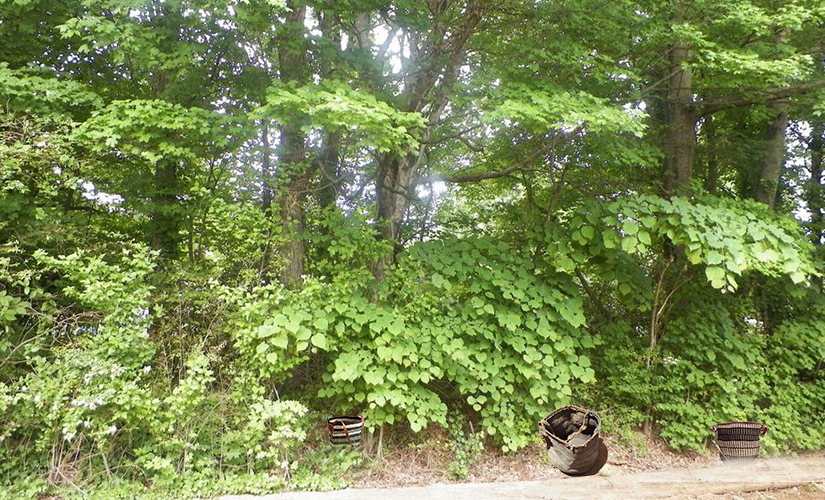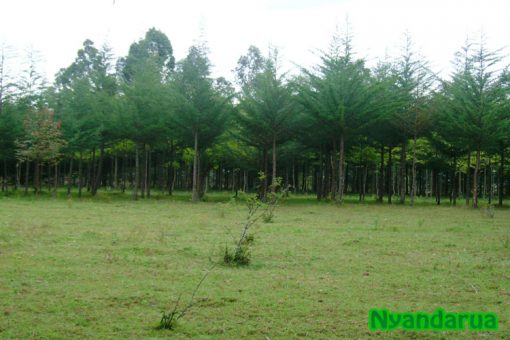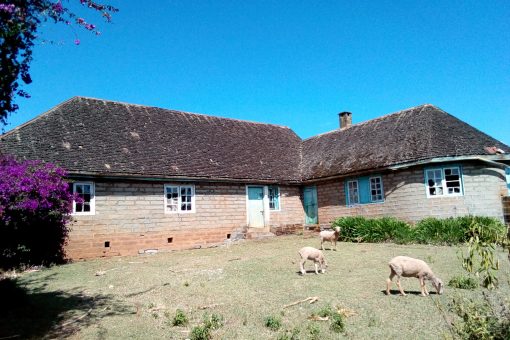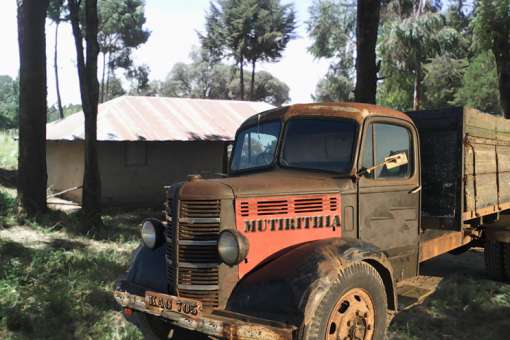The other risky sacrifice the women made was feeding the MauMau fighters who were hiding in the forests. The women understood the dangers. They knew if they were caught sneaking food to the MauMau fighters, that would cost them their lives. But they took the risk anyway.
This is how they covertly handled the operation: At the end of each day when the women finally made it home to cook for their families, they made sure to cook extra food for the MauMau men who were in the forests. The food was usually delivered the next day. I do not know the exact history of the Gikuyu food Mukimo which people tend to call irio, but I believe the packed meals for the MauMau had a lot to do with it. Mukimo is a wholesome meal and it is compact, making it easy to handle. With its combination of maize, beans, potatoes or bananas and green vegetables all mashed into one, it made for a wholesome nutritious meal.
The men needed a healthy diet to keep them strong for battle and to keep their bodies warm to endure the elements out there in the forest especially during the cold nights. The mukimo was ideal because it was mashed together and scooped out with a calabash (kaihuri) forming a nicely rounded mound. As it cooled, the mukimo mound became even more compact, it could withstand travel without falling apart.
The women wrapped the mukimo in banana leaves (machoya) or arrowroots leaves (mairutu) then tied it together with stripes from dried banana stems (migoto) to secure the package. On a good night, the MauMau fighters sneaked into the compounds and picked up the food for themselves. Most other days, the women carried the food as they went to their farms in the evening or went to fetch water or firewood. They left the food at the edge of the forest where the MauMau fighters picked it up at nightfall without being detected by the colonial soldiers or their local sympathizers. That was one vital way our mothers contributed to the fight for our country’s independence. But there was much more that they did.
My father talked to us for more than two hours on this subject, so you can imagine how much information he unloaded on us, I cannot fit even a quarter of it in these pages if I tried. But you get the picture. After painting for us the horrors of war, which was the reality they experienced growing up with no escape, he concluded this way:




